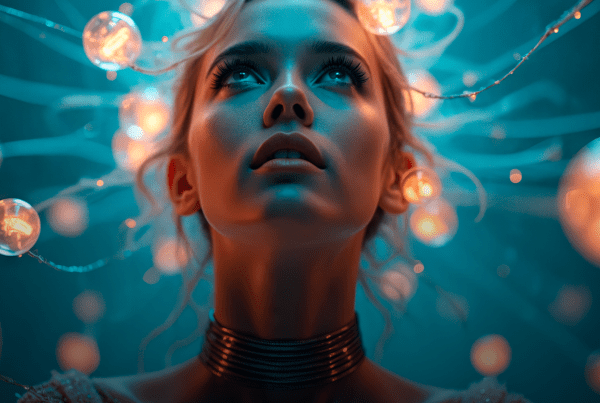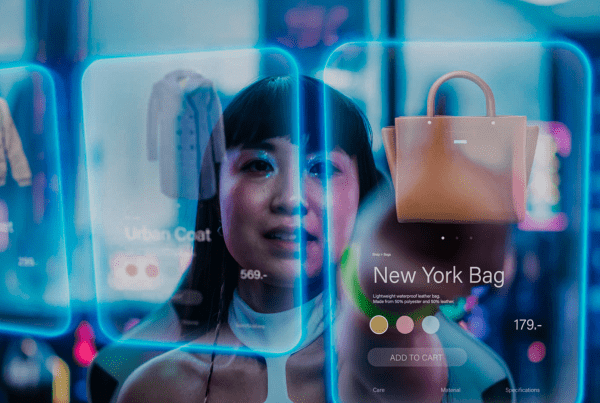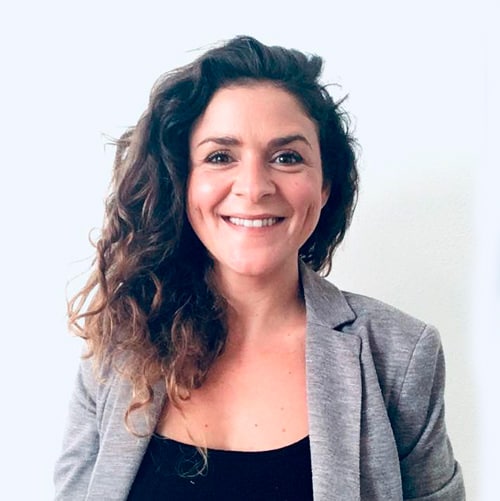
Marta Peral Ribeiro
– Communication Consultant –
The impact of social media on users’ mental health
Social networks are a tool for us to do what we’ve always done: communicate.
But for many people, the daily experience of accessing social networks becomes toxic because they develop feelings of inferiority and missed opportunities.
They question their value, their identity, their beauty, and, ultimately, their life.
The impact of social media on users’ mental health
Social networks are a tool for us to do what we’ve always done: communicate.
But for many people, the daily experience of accessing social networks becomes toxic because they develop feelings of inferiority and missed opportunities.
They question their value, their identity, their beauty, and, ultimately, their life.
Using Twitter, tennis player Naomi Osaka recently announced her withdrawal from the Roland Garros tournament. No, the reason is not COVID or an injury, but rather her mental health – the social anxiety she is subjected to at press conferences, in addition to all the pressure inherent in her work, affect her performance.
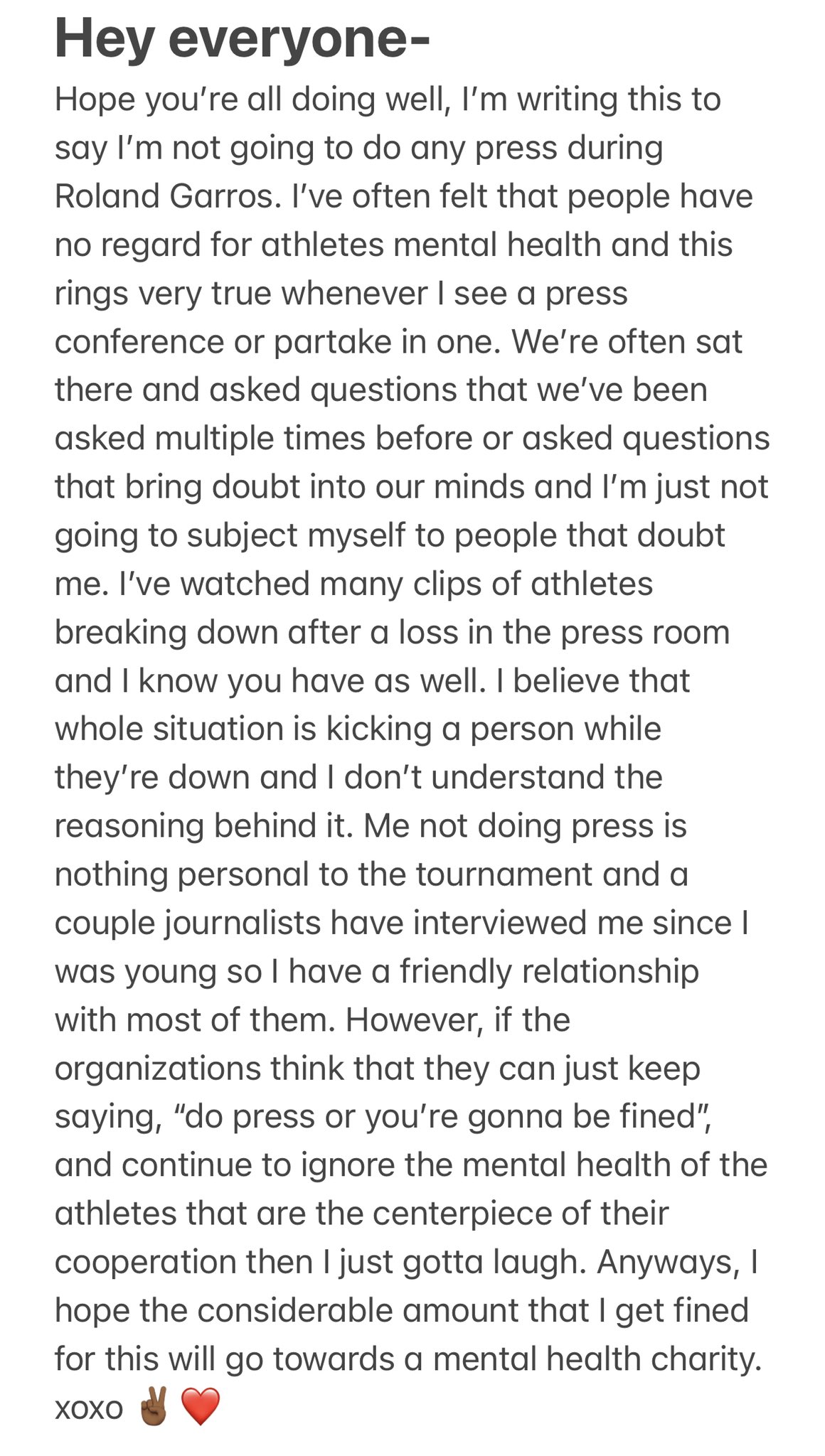
Source: Twitter Naomi Osaka
 Source: The Blast
Source: The Blast
On another social network, Will Smith expresses his support for the tennis player:
 Source: Twitter Supercar Blondie
Source: Twitter Supercar Blondie
Also Supercar Blondie, known for her videos driving cars such as Lamborghini, Bugatti, or Ferrari, has published a video on her network where she openly expresses the symptoms of stress and pressure she feels due to online pressure.
Followed by millions of followers around the world, Blondie refers to the amount of comments and opinions she receives on her digital platforms, the effort she makes to create content and how all the stress generated affects your sleep.
The theme of mental health seems to finally get the attention it deserves. And if social networks are a channel to talk about it, they are also one of the great causes of anxiety and depression for many people. But why, exactly?
The context
Offline life already gives us enough reasons to be anxious. And the pandemic has only made that worse: we have become even more concerned about the uncertainty of the times ahead and plunged headlong into the online world, especially on social media.
This Populus report was carried out a year ago in the UK, but the reality in Portugal will not be far from this:
 Source: Statista 2020
Source: Statista 2020
Is there a direct proportionality between them?
Anxiety factors linked to social networks
Comparison with others
In most cases, social media profiles emphasize people’s beautiful side and achievements: their face and body in shape, the trendy places where they are, the incredible scenery in front of them, the fun brunch with friends, the perfect family, among other glories.
It is not that this corresponds exactly to reality, but our tendency, more or less conscious, is to compare ourselves with others. And it’s almost guaranteed that our perception is that we’re not as good as they are.
Dependency symptoms
Social media activity is initially a source of entertainment. Then it becomes a kind of necessity and quickly acquires the boundaries of dependence, resembling a drug.
Effectively, every time we receive a notification, a like or a positive comment, a dopamine discharge occurs in our brain.
In fact, social networks are built for this purpose. It is not by chance that the feed is endless, or that suggestions appear tailored to our liking.
Social capital
The term social capital defines the influence exerted on social networks (whether in communities inside or outside digital) and its ability to differentiate itself from the competition.
And this factor is related to the type of interaction we receive. Basically, the more followers and likes, the greater the social capital.
But is it wise to quantify our value or anyone’s based on that?
Changing the sense of identity
When our self-esteem is affected by the number of views and “likes” we receive, the notion of our identity changes as well.
And if our personality is shaped according to what happens on social networks, there is a risk of creating a new persona. Which, in some cases, can be positive, because a person can find a social representation in networks (as with minority groups, for example).
But in many other cases it is not.
Network security and privacy
There is increasing talk of sharing data with third parties and how everything we do and say on social media is being controlled, making Orwell’s dystopia, 1984, frighteningly close to reality.
In addition to this monitoring, which is not only a harassment of users’ privacy but also feeds your feed with personalized suggestions, there is abuse among users. From cyberbullying to hackers attack, to child harassment and others.
Anything but being left out
Being afraid of missing out on something, of being excluded, is a real fear and is associated with a human being’s intrinsic feeling: the desire to belong.
Social networks convey the idea that anything interesting can only happen there. As though we’re going to get bored, lose friends, some event, or a one-time opportunity if we don’t have access to Instagram or Facebook.
Nomofobia
Mobile phone phobia is an exacerbated reaction when we are without the smartphone, either because it was forgotten at home because it is broken or simply ran out of battery.
In other words, it’s the fear of being unreachable. Here are some indicators of nomophobia:
- Permanent verification of notifications (messages, emails, phone calls)
- Take your smartphone everywhere – including to the toilet
- Nervousness when there is no Wi-Fi
- Difficulty turning off equipment, even at night
- Distress when smartphone battery is at the limit
Have you realized you’re nomophobic? You’re not alone.
What’s next?
Social networks are not going to disappear anytime soon. Deleting your account from Whatsapp, Instagram, Youtube, Twitter, Facebook or TikTok is not a solution for everyone. But how to deal with the stress they entail?
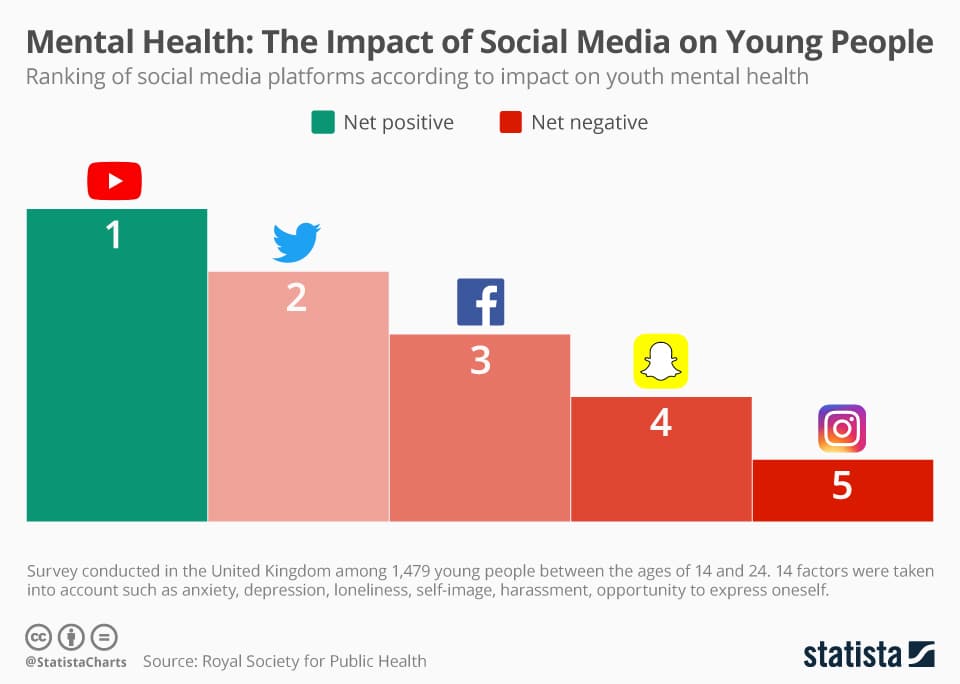
And what can happen to you if you give up social media?
- You’ll have more time to rest.
- You can continue to have friends – and more time to be with them.
- You can continue to communicate with people all over the world.
- And discover or rediscover other forms of entertainment.
- You’ll get a more realistic idea of who you are.
As marketeer Bailey Parnell said,
“When we talk about the dark side of social media, we’re actually talking about the dark side of people.”
This means that it is up to each one of you to evaluate how you use these resources, both in relation to yourself and to others.
Is the purpose of this article to encourage someone to abandon digital platforms? No, not at all. But if it helps those who feel anxious to understand the motives and bring awareness of the impact of mental health on our lives, the goal is achieved.



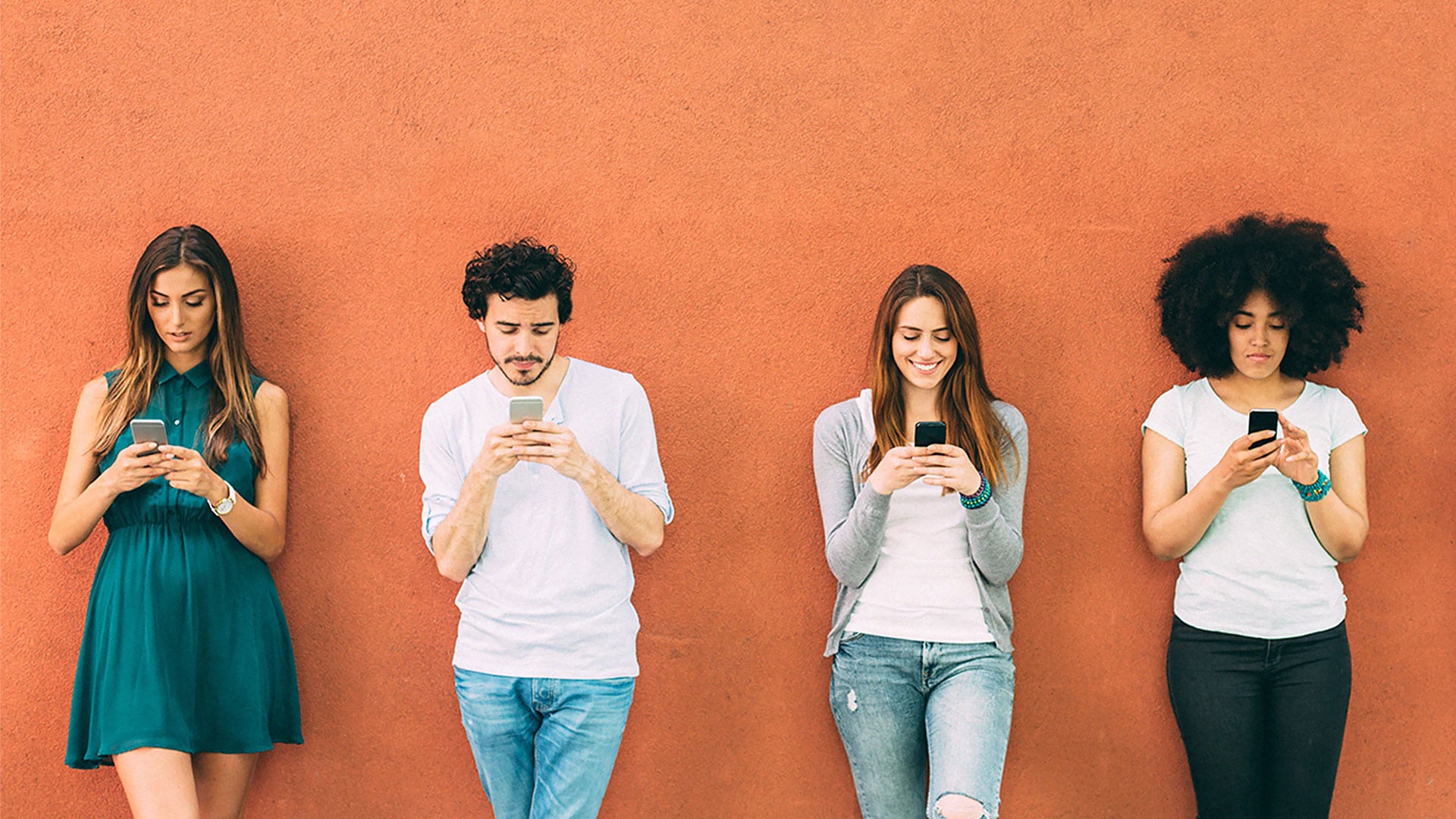
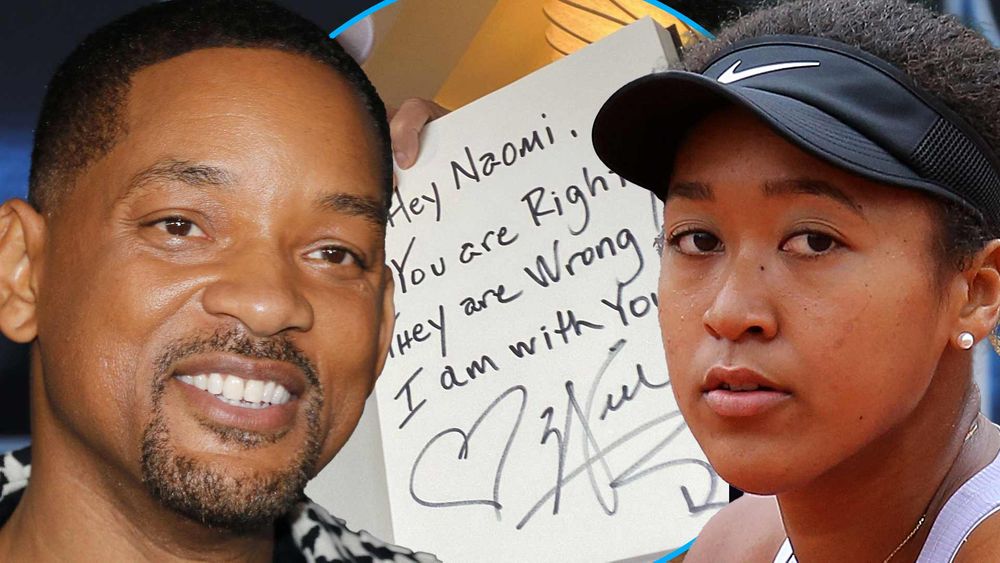 Source: The Blast
Source: The Blast Source: Twitter Supercar Blondie
Source: Twitter Supercar Blondie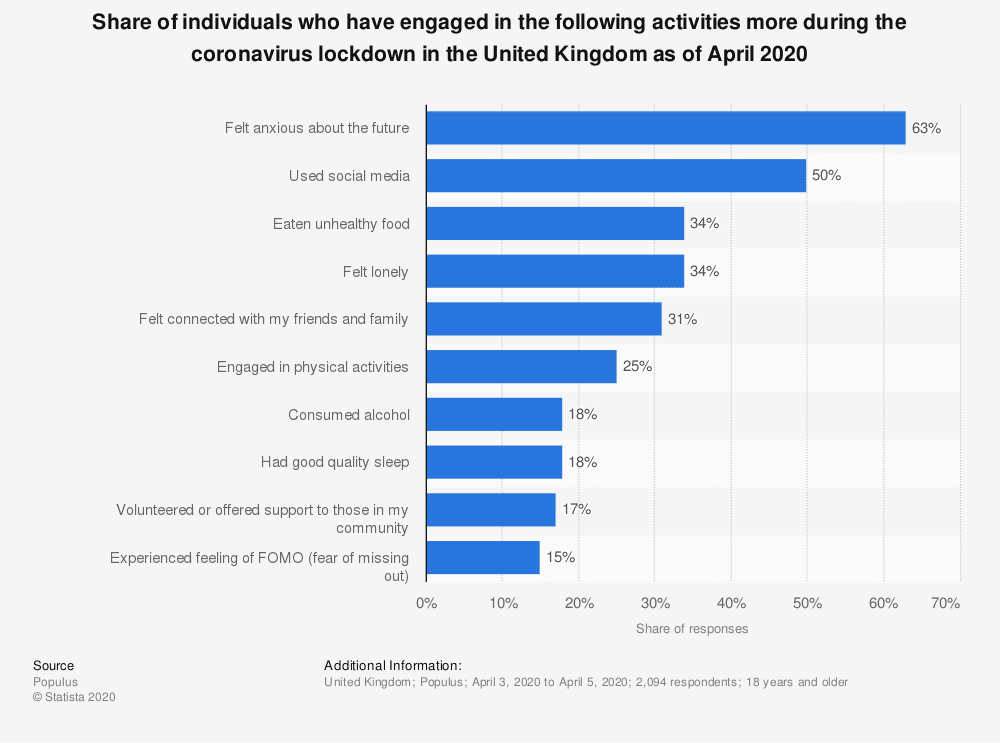 Source: Statista 2020
Source: Statista 2020